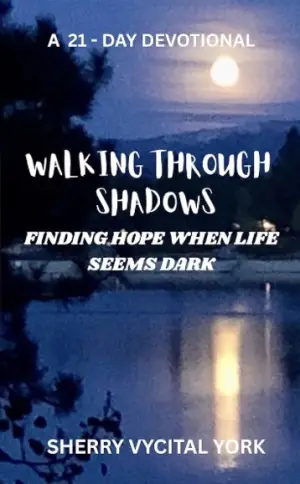As a die-hard fan of speculative fiction, I was immediately drawn to The Mammoth Book of Alternate History. With its intriguing premise of exploring how small deviations in our historical timeline could lead to vastly different worlds, I couldn’t resist diving into this extensive collection of short stories. The idea of encountering classic authors like James Morrow, Stephen Baxter, and Ken MacLeod within the pages was an added lure that made it hard to pass up.
At first glance, the collection doesn’t shy away from its ambition. As the description aptly states, every story showcases a divergence from historical reality, and indeed, many of them transport the reader to alternate timelines shaped by pivotal historical moments. This foundational concept allowed for a wonderfully varied reading experience. Puna J’s sentiment resonates with me; the quality of storytelling from some of the best SF writers over the last forty years is largely solid.
Additionally, I found some stories particularly engaging and ripe with the potential for exploration. "The Lucky Strike" by Kim Stanley Robinson presents a captivating twist on the events surrounding the atomic bomb during World War II. The crux point here—a different crew taking the flight—opens a world of possibilities concerning the aftermath of Hiroshima, which I thought was incredibly thought-provoking. Similarly, Stephen Baxter’s "Darwin Anathema" explores the consequences of an alternate timeline where Galileo’s heresy never occurred, showcasing a sharp intellect in its exploration of scientific progress and religious dogma.
However, it’s essential to acknowledge that not every journey was satisfying. In truth, there were moments where I agreed with Wulfstan’s review, as some stories leaned more toward speculative fiction rather than true alternate history as I had hoped. The inconsistency in storytelling quality was noticeable; there were gems interspersed with pieces that felt less developed. The criticism about the editors’ grasp of the genre rang true in instances like "The Raft of the Titanic" by James Morrow, which felt more like whimsical satire than a genuine exploration of historical what-ifs.
Furthermore, a point raised by other readers about the overemphasis on specific cultural narratives did cross my mind. The balance of themes felt skewed at times, with frequent mentions of Christian/Muslim dynamics or Asian/Western relations. While I appreciate the depth of various cultural lenses, it felt repetitive at moments.
Another drawback I stumbled upon was the lack of a table of contents or index, which indeed made navigation through the stories somewhat cumbersome. The book is extensive at 610 pages, and it would have greatly enhanced the experience to have an easier way to identify where each story begins.
Despite its flaws, I found the collection to be a worthwhile investment for any ardent fan of speculative and alternate history. The breadth of stories and authors alone made it an engaging read. While the overall star rating hovers around 3.7, I personally would settle on a slightly lower 3.5 stars, reflecting my mixed feelings.
In conclusion, The Mammoth Book of Alternate History offers an intriguing exploration of what could have been, but it is not without its missteps. I would recommend it to those who share a passion for alternate history—a genre that often bends the rules of imagination and reality. However, if you prefer uniformity and clarity in storytelling, you might find it lacking. Ultimately, it’s a mixed bag, but for true enthusiasts, there are enough diamonds in there to warrant a read.








